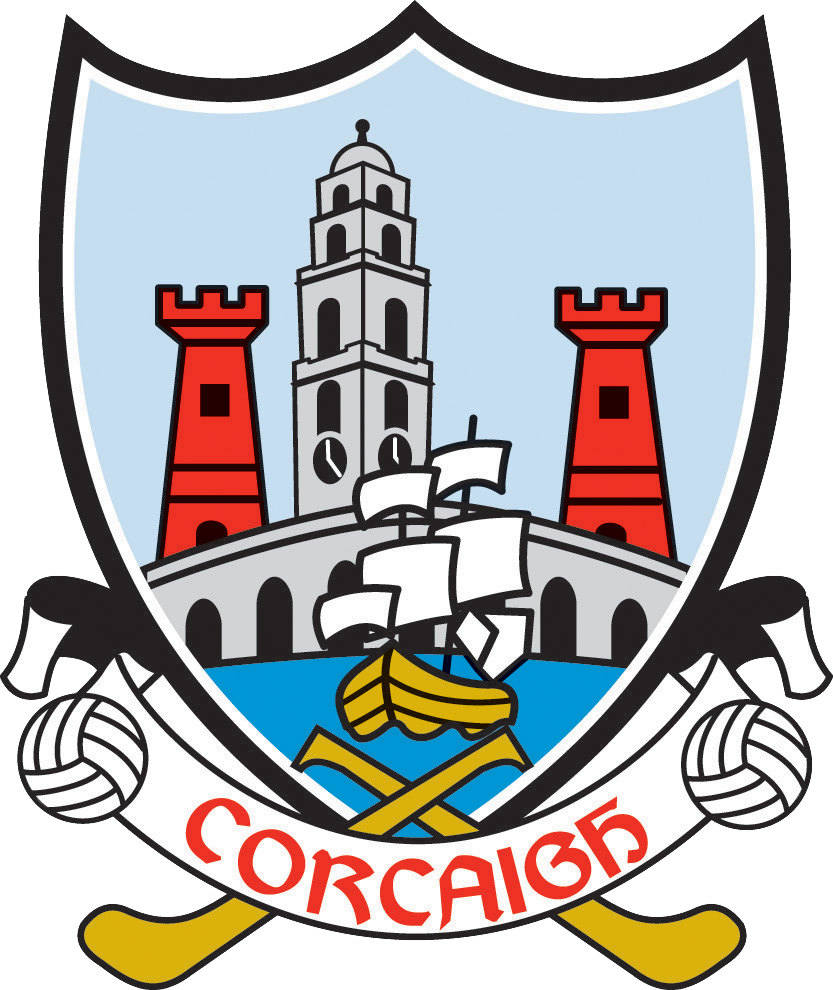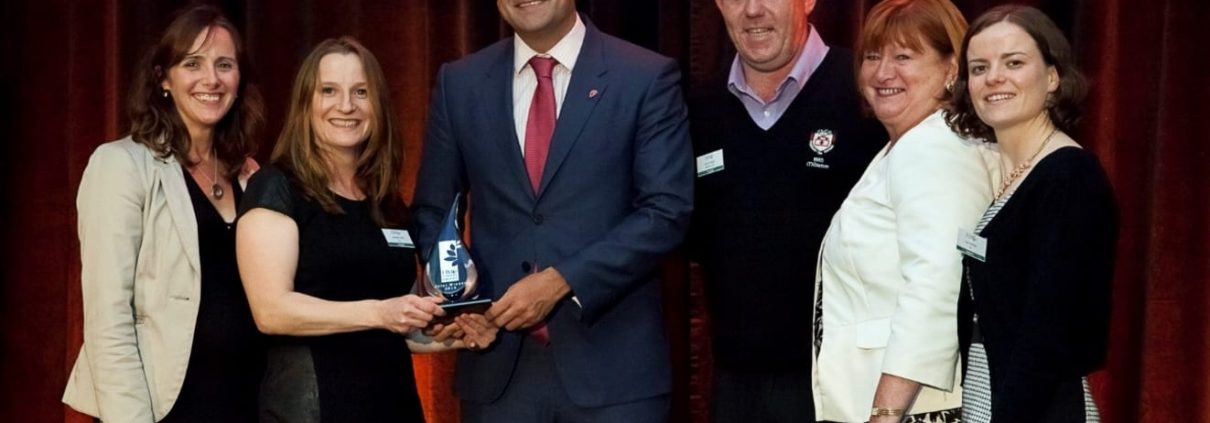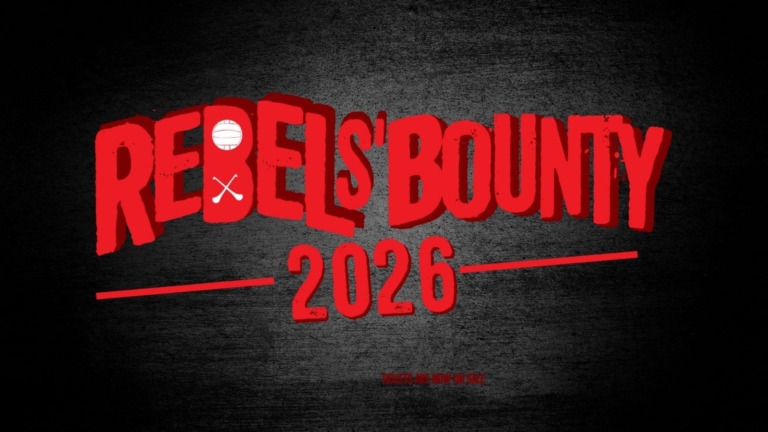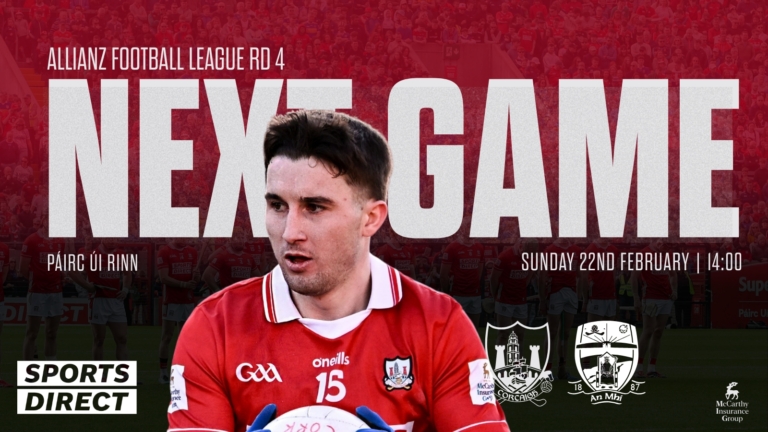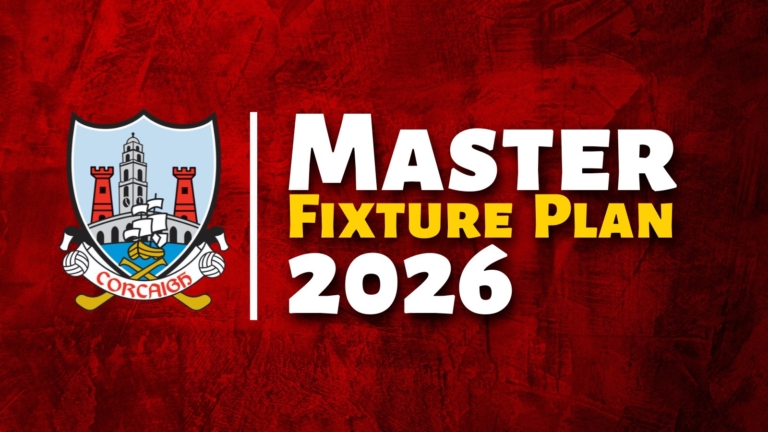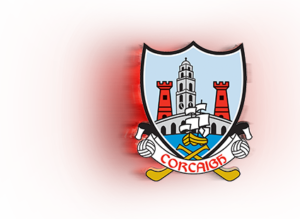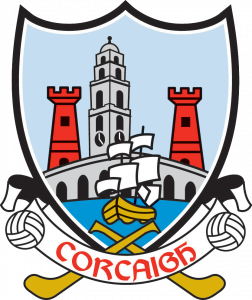Case Study: Cork Beats Stress
| County: Tougher & Midleton, Cork |
| Rural/Urban: Urban |
| Codes: Football, Ladies Football, Hurling, Camogie |
| Membership: combined – 1316 |
Case Study: Cork Beats Stress
Plan
Midleton GAA club, like many of the urban areas that suffered heavily during the recession decided to focus on mental wellbeing as part of the Healthy Club project (HCP). The club wanted to provide wellbeing opportunities that would benefit the local community. They partnered up with the HSE south and St. Finbarrs National Hurling & Football Club in Cork, to deliver a programme called ‘Cork Beats Stress’, a stress management programme open to the wider community.
Partners
The novel partnership with HSE South actually came about by accident. Using signage on the club grounds to create awareness around the HCP, the HCP project team attracted the attention of a psychologist from Midleton working within the HSE. The HSE were eager to partner up with such a trusted sporting organisation as the GAA as it gave them the opportunity to deliver their services to a large cohort of males who are difficult to engage with. To our knowledge this is the first psychological intervention delivered through a major sporting organisation both nationally and internationally and the HSE referred to this as “ground breaking”.
Midelton GAA and St. Finbarrs National Hurling & Football Club managed the operational side of things such as providing venues and providing promotion through word of mouth, social media and local radio whereas the clinical accountability rested with the HSE.
Activity
The programme consisted of a workshop one night a week for six weeks. Facilitated by a qualified HSE psychologist the programme equipped participants with the skills needed to cope with stress and provided participants with take home booklets on stress management. It was open to all members of the public over 18 years of age and was free. Over the six weeks attendance fluctuated from week to week, however, on average 161 people attended in Midleton GAA and 167 in St. Finbarr’s National Hurling and Football club; 25% of programme participants were male.
As the programme was delivered to the GAA, people assumed it was geared towards men and consequently, doubled the rate of male participants that normally attend these workshops. The stigma surrounding mental health was broken down for people as the programme was provided locally by the GAA where they felt welcome and at ease. Mental health advocate, Conor Cusack, was a special guest and spoke very eloquently and honestly about stress, anxiety and depression.
The Club
Findings from the HSE’s evaluation of the programme clearly show that participation in this initiative resulted in a clinically significant reduction in symptoms of anxiety, depression and stress. Gains were made regardless of the severity of symptoms.
Running this public health service through the GAA contributed to a reduction in stigma and a normalisation of mental health problems and of help seeking behaviour. This helped reduce barriers which might prevent someone from availing of assistance. The delivery of this mental health initiative through the GAA was associated with more positive connotations, a greater perception that it was local, community based and a service which involved people from all walks of life and which led to great male participation.
This initiative was recently awarded the prestigious HMI award which is given to recognise outstanding achievements of individuals and teams which exemplify innovation, creativity and commitment of people delivering health services. The Cork Beats Stress was selected as joint overall National winner out of 149 others. This programme has since been rolled out by the HSE South in Castlehaven GAA, Killeagh GAA and Yoghal GAA.
Following on from this success St Finbarrs Healthy Club Team have co-ordinated two SafeTALK training workshops in the club. SafeTALK, which stands for ‘suicide alertness for everyone’ is a training programme that helps people to identity those who may be having thoughts of suicide and teaches ways of helping those people by connecting them with suicide first aid resources. This programme is run by the National Office for Suicide Prevention in line with LivingWorks and the HSE. It involves a 3 hour course which was open to anyone in the club and the wider community over the age of 16. Between the two courses the club had over 40 people take part. The participants were made up of club members including players and coaches, parents and members of the wider community.
